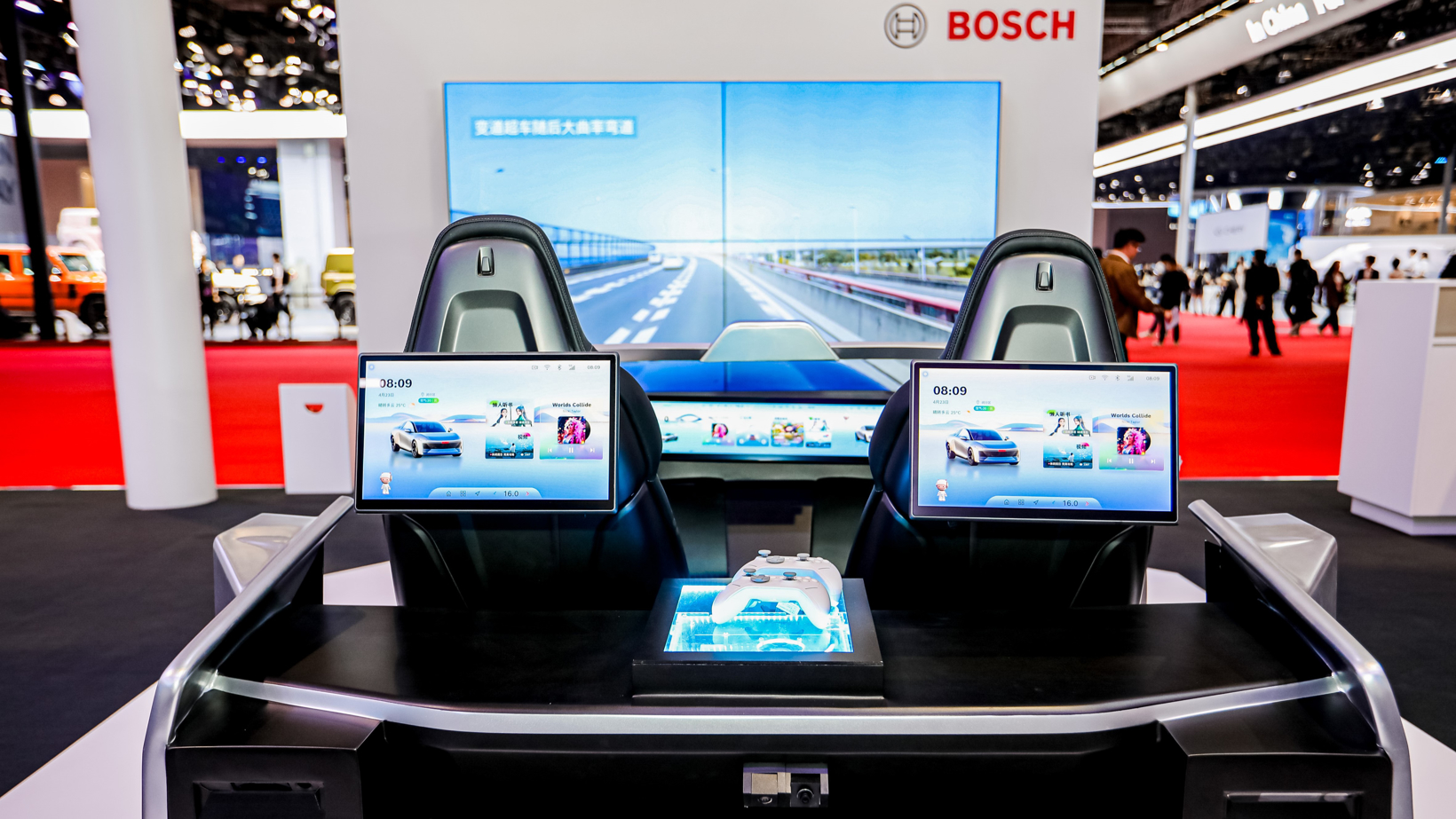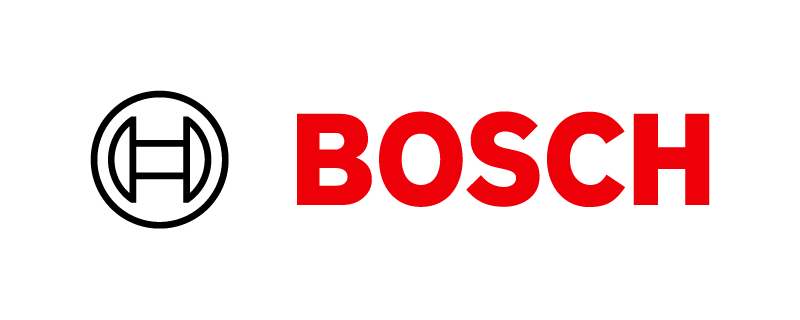Bosch has announced its first-generation cabin and driving integration platform based on Qualcomm's 8775 chip. This platform features a 230K DMIPS CPU and a 72 TOPS NPU, enabling it to concurrently support mainstream intelligent cabin functions of the 8155 chip and mid-level intelligent driving features for high-speed navigation. Bosch can also develop Google Automotive Services (GAS) related functionalities for local automakers, facilitating a quick expansion into international markets.
The platform boasts rich software capabilities, including:
• Intelligent Cabin: QNX digital dashboard, Android multimedia entertainment, 3D HMI, and compact large model applications.
• Intelligent Driving: Supports high-speed navigation assistance and urban memory driving features.
• Intelligent Parking: Capable of automatic, remote, and memory parking functions.
In terms of hardware, the platform can support up to 10 2K screens or 5 4K screens, 11 ADAS cameras, 5 cabin cameras, 5 millimeter-wave radars, and 12 ultrasonic sensors.
Cost-wise, this solution reduces wiring harnesses, decreases weight, optimizes layouts, and lowers fuel and energy consumption, thus further reducing costs. In terms of user experience, it significantly decreases communication latency between the driving and cabin domains. To address automakers' concerns about driving safety, the platform achieves resource isolation between the driving and cabin domains, ensuring that if the cabin entertainment system crashes, the driving algorithms remain unaffected.
Unique advantages include:
• Technical Advantage: The platform uses a single chip to meet the enhanced demands of the 8155 cabin and mid-level driving functions, achieving cost savings of up to 20%.
• User Experience Advantage: The platform greatly reduces communication latency between the driving and cabin domains, optimizing user experience.
Industry Advantage: In the fields of intelligent driving and cabins, Bosch XC possesses comprehensive local R&D capabilities and rich production experience, offering customers a diverse range of product combinations and flexible cooperation models. Furthermore, Bosch XC supports global development applications of Google Automotive Services (GAS), aiding OEMs in their rapid international expansion.
Application scenarios involve a single-chip domain controller integrating high-speed driving assistance, memory parking assistance, and mainstream intelligent cabin functionalities (multi-screen, wake word-free voice commands, multi-zone capabilities).
Future perspective: Cabin and driving integration not only drives down the cost of intelligent vehicles but also breaks down barriers between domains, providing fundamental support for AI-driven co-driving and self-evolving scenarios. With the global mass production projects set to intensify in 2025, cabin and driving integration will reshape industry competitive dimensions from hardware accumulation to a comprehensive competition of "chip performance × software ecosystem × user experience."
Bosch Introduces Qualcomm 8775-Based Cabin and Driving Integration Platform

Images


Share this post on: